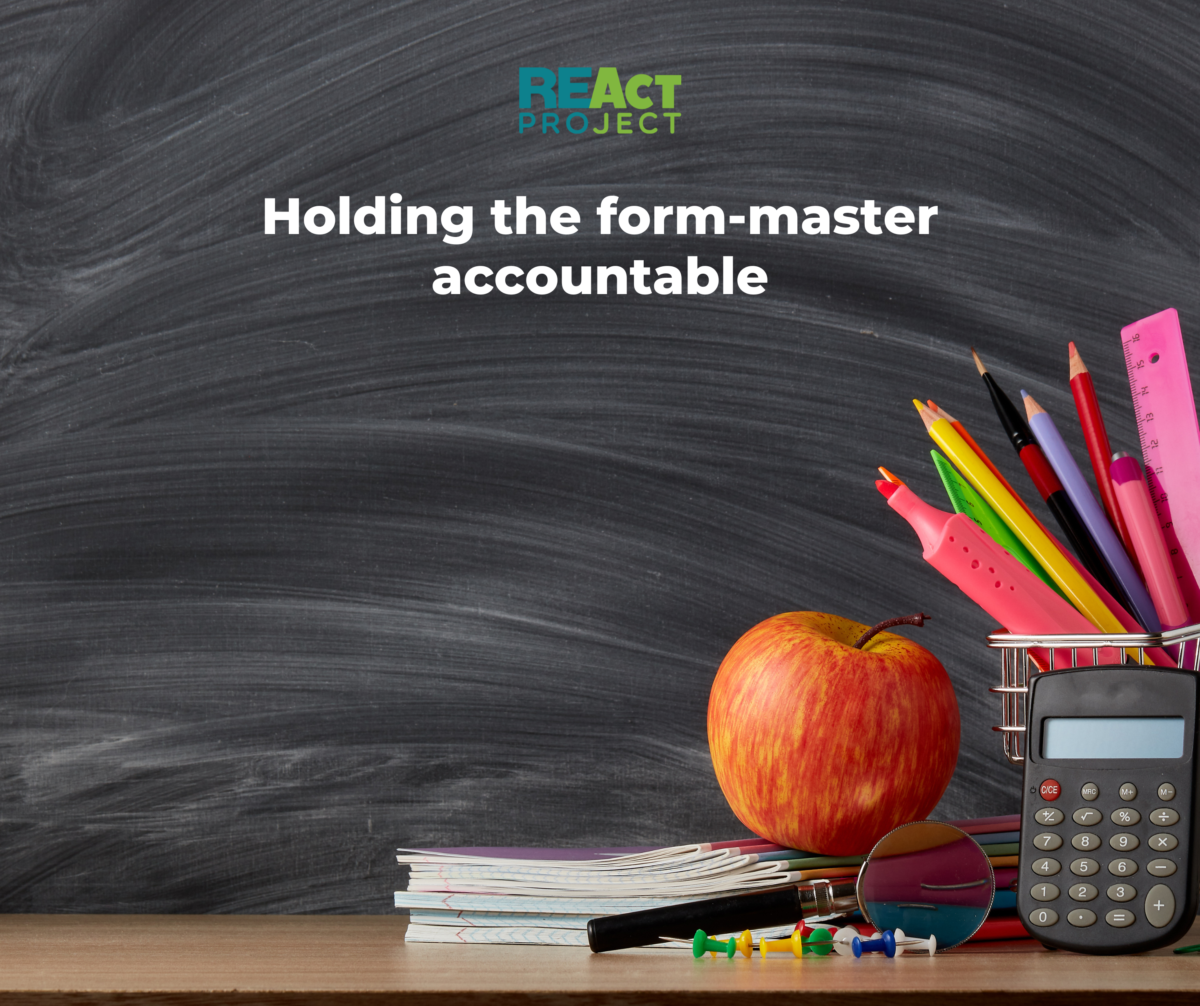Larisa has been using drugs for more than ten years and is HIV-positive. Having children, the woman has learned to use the drugs in a controlled manner and treats her health consciously.
At the beginning of May, Larisa and her son set off to one of the local lyceums to submit an entrance application form to the first form for the new study year. The woman had chosen precisely this educational institution because of its proximity to their home, and everything seemed to be going the right way. The secretary of the lyceum had already started checking and filing the documents as the future class teacher of Larisa`s son entered the office. The teacher appeared to be an old acquaintance of the woman, so she knew about her risky lifestyle. In the child’s presence, she started offending the client and informed her that “drug-addict” families would not be in her class as such people have no place in her “elite class”. Larisa decided not to continue the conflict rolling out in her child`s presence, leaving the educational institution upset.
The next day, the woman decided to turn to the REAct project. After hearing that, the documentator immediately intervened and promised to help. Larisa received psychological assistance and a consultation about the legal issues and offered to talk with the director of the lyceum about the situation that had arisen. Besides, the client received help compiling an official form regarding refusing to provide educational service.
Later, during the conversation with the documentator, the director of the lyceum apologized to Larisa and helped her to choose another class teacher for her child. Regarding the official response that the client received, the teacher who had refused the child`s education was reprimanded and given a disciplinary conversation.


